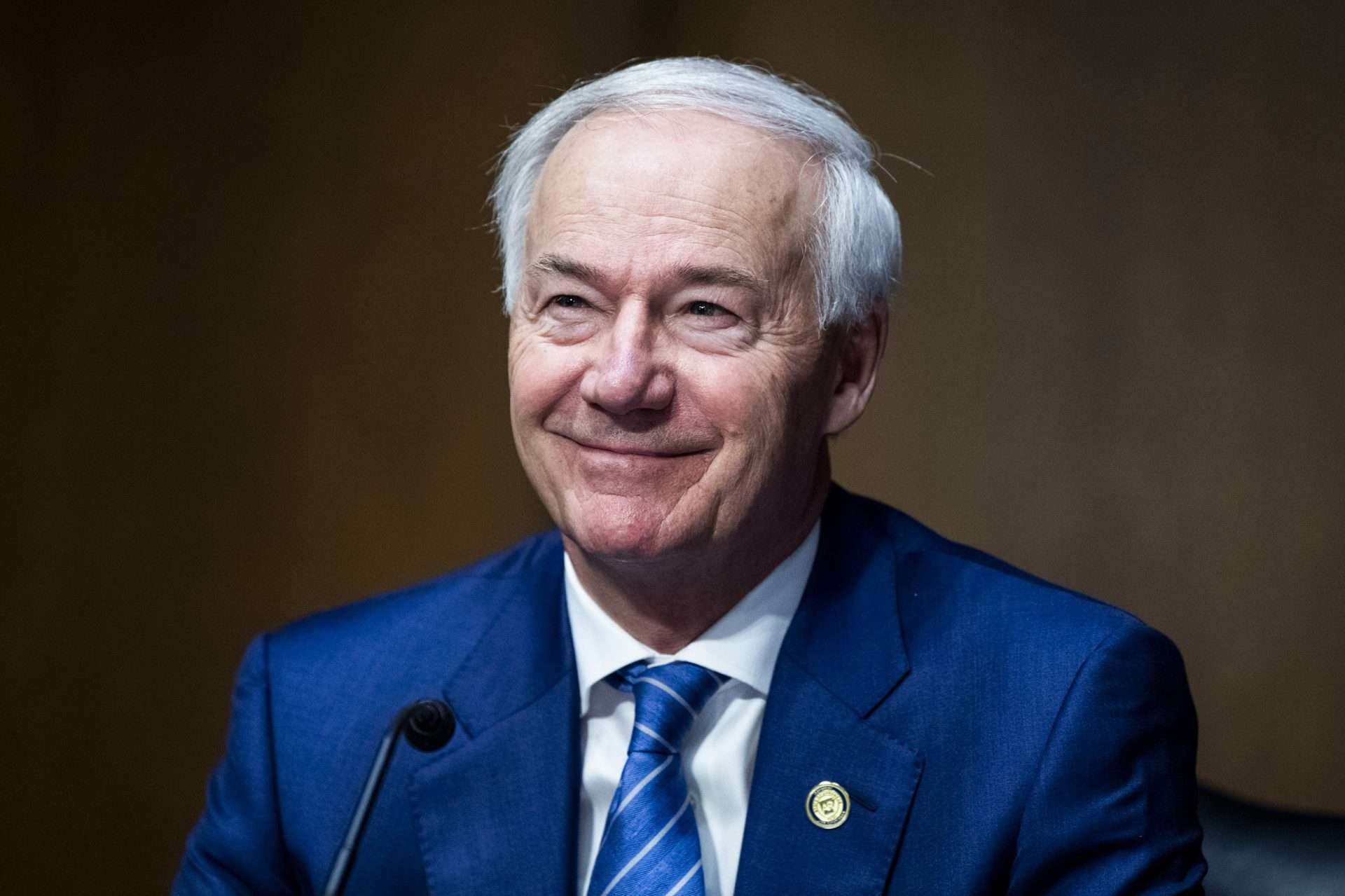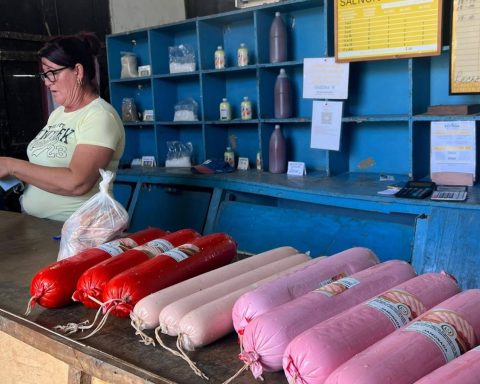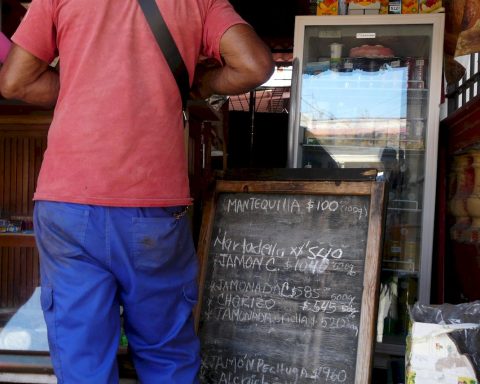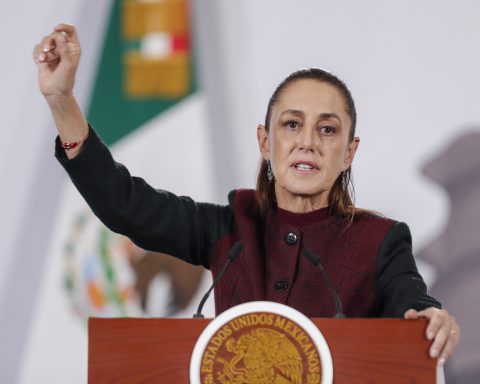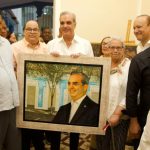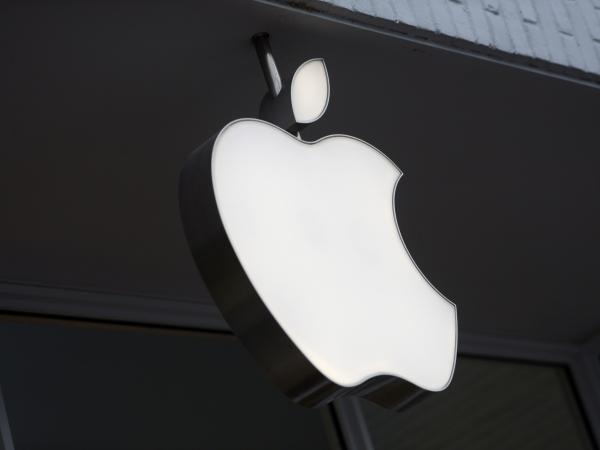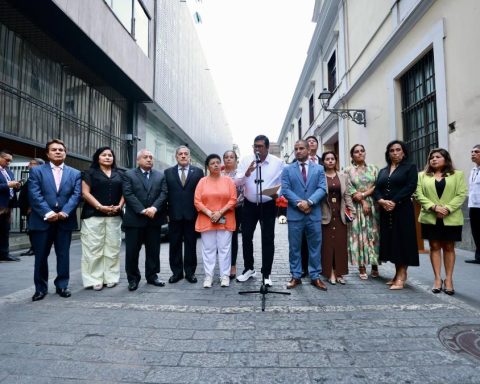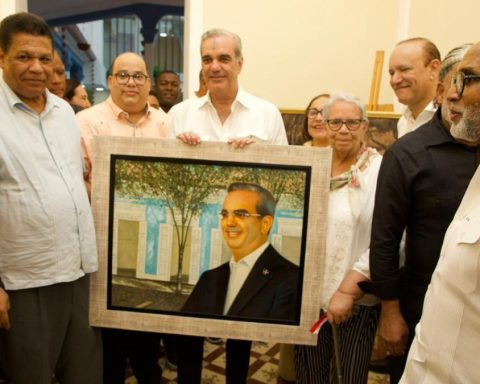Republican Asa Hutchinson, the former governor of Arkansas and an outspoken critic of Trump, today announced his decision to run for the Republican nomination for President of the United States.
In an interview for the channel abc he assured that there would be enough Republican voters interested in getting out of the “political dynamic of Trump.”
Voters “are talking about things that matter to them, the economy, the fentanyl crisis that we have, and America’s relationship and leadership on the world stage,” said Hutchinson, 72, who left office last January. after eight years as governor of that southern state.
While other Republicans preparing for the race, such as Nikki Haley, the former governor of South Carolina, businessman Vivek Ramaswamy and Ron DeSantis, the governor of Florida, avoid direct criticism of Trump —who the legal crisis has favored in the polls—Asa Hutchinson, is committed to going head-on against who is still the favorite and does not tolerate dissent.
Hutchinson isn’t even rated as a moderate Republican. The New York Times remember that in his record is the signing of a ban on abortion without exceptions for pregnancies that result from rape or incest; who has lobbied to repeal the Affordable Care Act; or who opposes gun control and is linked to the National Rifle Association.
In the internal debate of the party, the former governor considers that neither Trump nor those who supported his attempt to ignore the results of the 2020 elections should have positions of power.
“It is a dark day for America when a former president is indicted on criminal charges,” he wrote after last week’s legal challenge to Trump.
In Cuba: “Now we have a common desire”
In September 2015, in the midst of the process of normalizing relations with Cuba during the presidency of Barack Obama, the then Governor of Arkansas visited the island.
He arrived leading a trade delegation made up of almost twenty agricultural, pharmaceutical, fertilizer and oil companies, to explore business possibilities for a post-embargo scenario.
In 2014, Arkansas exported food worth some 30 million dollars to Cuba (under the special license regime that implies payment in cash), mainly chicken and rice.
After a stay of several days on the island, Hutchinson said he was very “impressed with the scientific research that has been carried out in the country to improve agricultural activity, something we want to learn more about and also show what we do in Arkansas.”
“Although we recognize our political differences, it is necessary to continue promoting this process of mutual understanding, because now we have a common desire: to increase bilateral trade for the benefit of both territories and peoples,” he insisted.
He advocated for credits for agricultural sales to Cuba and for the easing of travel restrictions for US citizens to Cuba.
Congress’s decision
“I believe that President Obama has taken some very aggressive, positive first steps, which are supported by the majority of the American population, and by me too, from a personal point of view; but I think that the new steps that are going to be taken should be guided by the decision of Congress”.
He also considered that “although a new era of opportunities has opened up, a large part of the development in this sense will depend on changes that the United States Congress must make when addressing certain aspects; but it will also depend on the adjustments that the Cuban government can make in the private sector, creating greater confidence and giving greater possibilities of investment in this area”.
From Obama to Trump
In November 2016, Hutchinson continued to support the policy of rapprochement with Cuba, while the newly elected President Trump threatened to reverse the détente between Cuba and the United States that began only a couple of years ago.
.@AsaHutchinson was asked if he worries @realDonaldTrump‘s stance on Cuba will hinder efforts toward a trade relationship. His response from him: pic.twitter.com/X4Xz4VHoal
—Mark Moseley (@KDFWMark) November 29, 2016
“President-elect Trump has taken a hard line on Cuba, and that’s understandable, but it’s a different day and time, and I hope we don’t go back to the simple, direct, rigid embargo we’ve tried for over 50 years. It’s time of a change, but that is a change that should not come without an improvement in freedom by the Cuban government and the changes that we would expect there. Therefore, we must maintain the balance by keeping the pressure on Cuba, but at the same time, expressing to them the willingness to re-engage as we see freedom and opportunities change in that country.”
